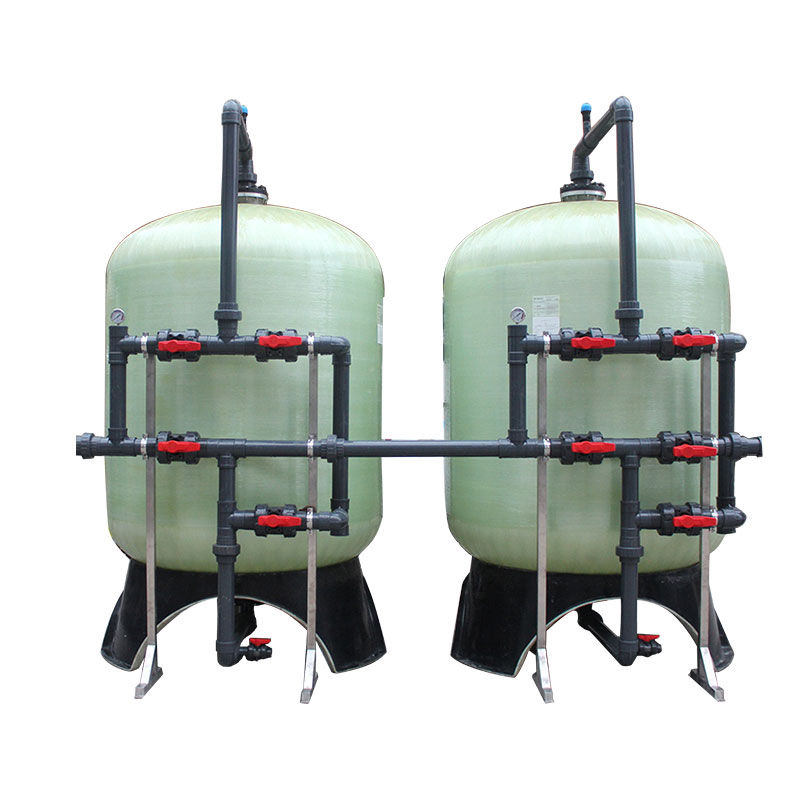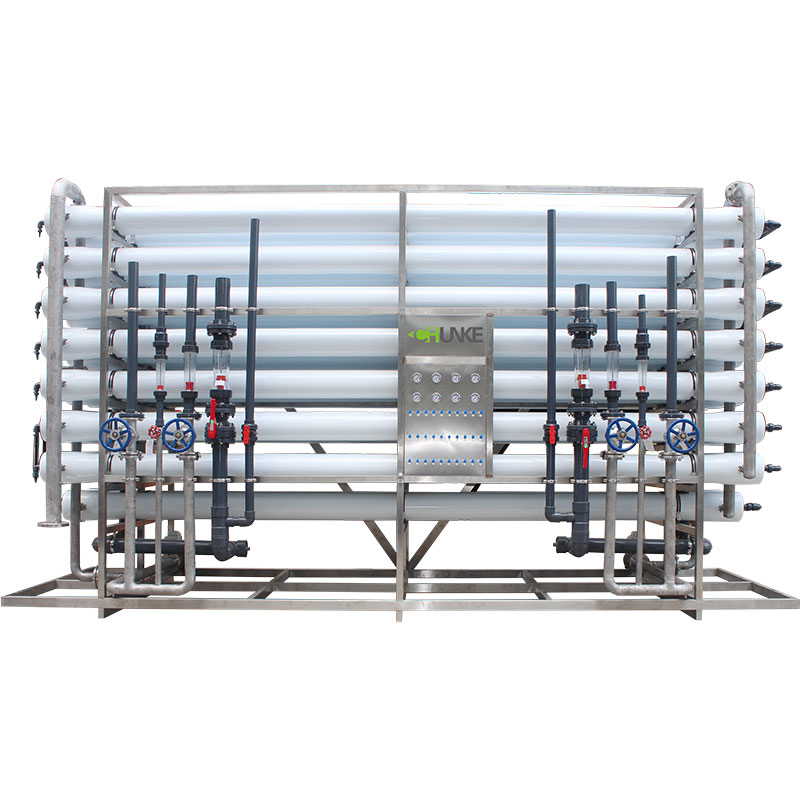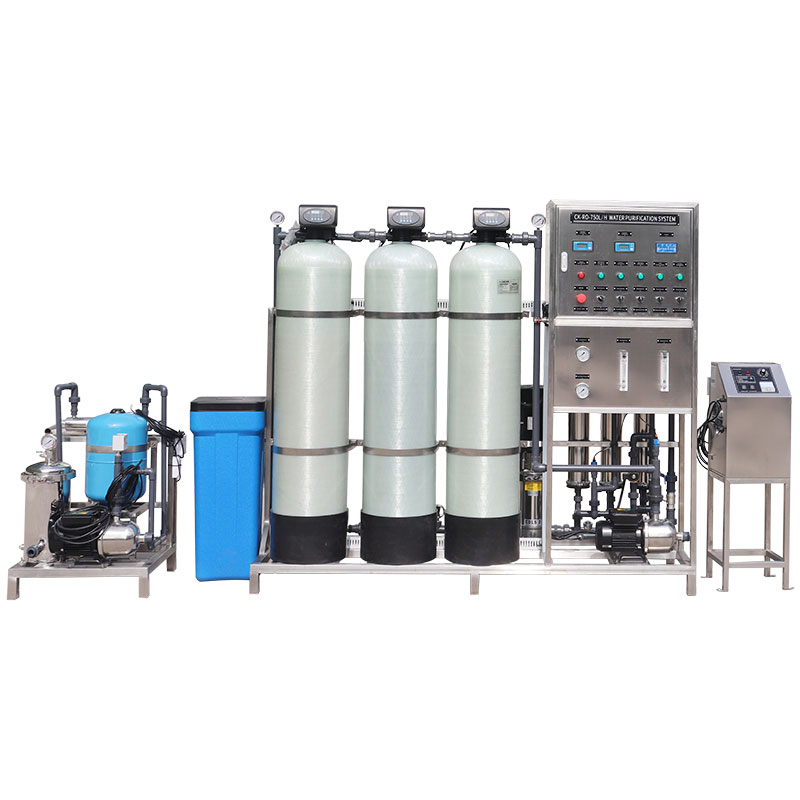Are glass water filters better than plastic water filters?
In recent years, with the enhancement of environmental awareness and the popularization of healthy lifestyles, more and more consumers have begun to pay attention to the quality and safety of household water. As an important tool to improve the quality of drinking water, water filters have gradually occupied a place in the market. However, when consumers choose water filters, they often face an important choice: glass water filter or plastic water filter? Both have their advantages and disadvantages. Which one is more suitable for home use?
This article will help consumers make wise choices by analyzing in detail the differences between glass water filters and plastic water filters in terms of materials, safety, environmental protection, durability, maintenance costs, etc.

Comparison of materials and production processes
First, let's take a look at the basic properties of glass and plastic and their applications in water filter production.
Glass material
Glass is an amorphous solid material, usually made of raw materials such as silica sand, kaolin, and limestone after high-temperature melting and cooling. The main characteristics of glass include:
● Chemical inertness: The chemical properties of glass are relatively stable and it is not easy to react with chemicals in the water, thus ensuring that the water quality of the water filter is not affected by the container material.
● No harmful substances: Glass does not contain bisphenol A (BPA), phthalates and other chemicals that may be harmful to the human body, so when using glass water filters, the potential harm of these substances can be avoided.
● High transparency: The transparency of glass allows users to intuitively observe the changes in the water quality inside the water filter and find out whether the filter element needs to be replaced in time.
Plastic materials
Plastic water filters are usually made of materials such as polycarbonate (PC), polypropylene (PP) or high-density polyethylene (HDPE). The main characteristics of plastics include:
● Lightweight and easy to process: Plastics have a low density and are easy to process into various shapes and sizes, which makes plastic water filters usually lighter and more diverse than glass water filters.
● Lower cost: The production cost of plastic materials is low, which makes plastic water filters more competitive in price and suitable for the budgets of more consumers.
● Chemical stability differences: Although many high-quality plastics have good chemical stability, some plastics may release harmful substances under certain conditions (such as high temperature or long-term use), affecting water quality safety.

Safety and impact on water quality
The primary function of a water filter is to provide safe and clean drinking water, so the safety of the material and its impact on water quality are crucial.
Safety of glass water filters
Due to its chemical inertness, glass water filters will not react with substances in the water, thereby maintaining the purity of the water. In addition, glass materials do not release any harmful chemicals, which makes glass water filters have obvious advantages in terms of safety. Especially in the long-term use process, glass water filters can consistently maintain the stability of water quality, and will not affect the taste or health of water due to material aging.
Safety of plastic water filters
The safety of plastic water filters varies depending on the material. Although many modern plastic water filters use BPA-free materials, there is still a risk that trace amounts of chemicals may be released in some cases. For example, when plastic water filters are exposed to high temperatures, some plastics may degrade and release chemicals that are harmful to the human body. In addition, plastics may age and crack after long-term use, affecting their sealing and filtering effects.
Environmental protection and sustainability
In terms of environmental protection, the sustainability performance of glass and plastic materials varies, which is also an important factor that consumers need to consider when choosing a water filter.
Environmental protection of glass water filters
Glass is a fully recyclable material with relatively little impact on the environment during production and recycling. Glass products have a long life and are not easily damaged or deteriorated due to use, so after the end of their service life, the disposal of glass water filters will not cause too much burden on the environment. In addition, due to the chemical inertness of glass, it will not release harmful substances into the environment like some plastics.
Environmental protection of plastic water filters
Plastic products usually consume a lot of fossil fuels during the production process, and the recycling rate of plastics is low. Although some plastic water filters can be recycled, most plastic products will enter landfills or oceans after being discarded, causing long-term environmental pollution. Even for recyclable plastics, the energy consumption and emissions during the recycling process cannot be ignored. In addition, plastics degrade very slowly, and it may take hundreds of years to completely decompose in the natural environment, which makes the negative impact of plastics on the environment more significant.
Durability and maintenance costs
Durability and maintenance costs are important indicators for measuring the economic feasibility of water filters. Glass and plastic water filters also perform differently in these two aspects.
Durability of glass water filters
Glass water filters have good durability and can usually maintain their original performance for a long time. However, although glass has a high hardness, it is relatively fragile and easily breaks when impacted by external forces. Therefore, you need to be extra careful when using glass water filters to avoid collisions or falls. In addition, glass water filters are relatively simple to clean and are not easy to scratch or age, so their maintenance costs are low.
Durability of plastic water filters
The durability of plastic water filters varies depending on the material. High-quality plastic water filters have excellent durability and good impact resistance and wear resistance. However, plastic water filters are easily affected by temperature, light and chemicals, and may age, discolor, deform, etc. over time, which will affect their filtering performance and service life. In addition, plastic water filters are more complicated to clean and are easily scratched. As the use time increases, parts may need to be replaced more frequently, increasing maintenance costs.

Consumer preferences and market choices
When choosing a water filter, consumers often make decisions based on their living habits, health needs and economic conditions. Glass water filters and plastic water filters each have their own market positioning, and different consumer groups have different preferences for them.
Consumers with strong health and environmental awareness
For consumers who pay attention to health and environmental protection, glass water filters are often more popular because they do not contain harmful substances, have little impact on water quality and are environmentally friendly. Although glass water filters are relatively expensive and not easy to carry, the health protection they provide and the economy of long-term use make such consumers willing to pay for them.
Consumers who pay attention to cost-effectiveness
For consumers who pay attention to cost-effectiveness, plastic water filters are more in line with the needs of such consumers because of their low price, diverse styles, and lightness and portability. Especially in price-sensitive markets, the sales volume of plastic water filters is much higher than that of glass water filters. However, as consumers pay more attention to the health risks of plastic products, some high-end plastic water filters have begun to emphasize the safety and environmental protection of their materials in an attempt to dispel consumers' concerns.
In summary, glass water filters have obvious advantages in chemical stability, environmental protection and impact on water quality, but their fragility and high price may limit the choice of some consumers. Plastic water filters, on the other hand, have a mainstream position in the market due to their lightness, affordable price and variety of styles, but their long-term safety and environmental protection issues still need to be paid attention to.




